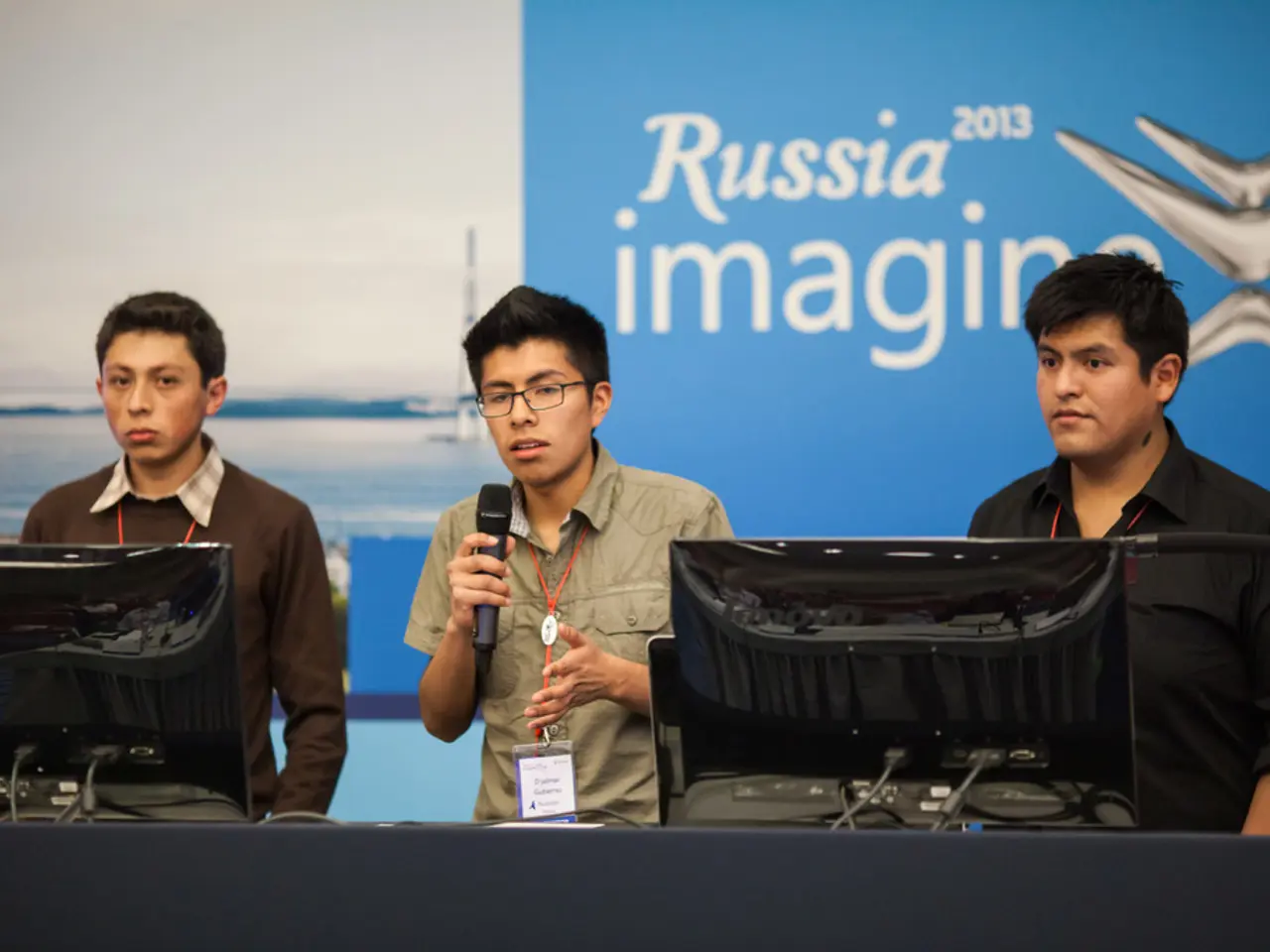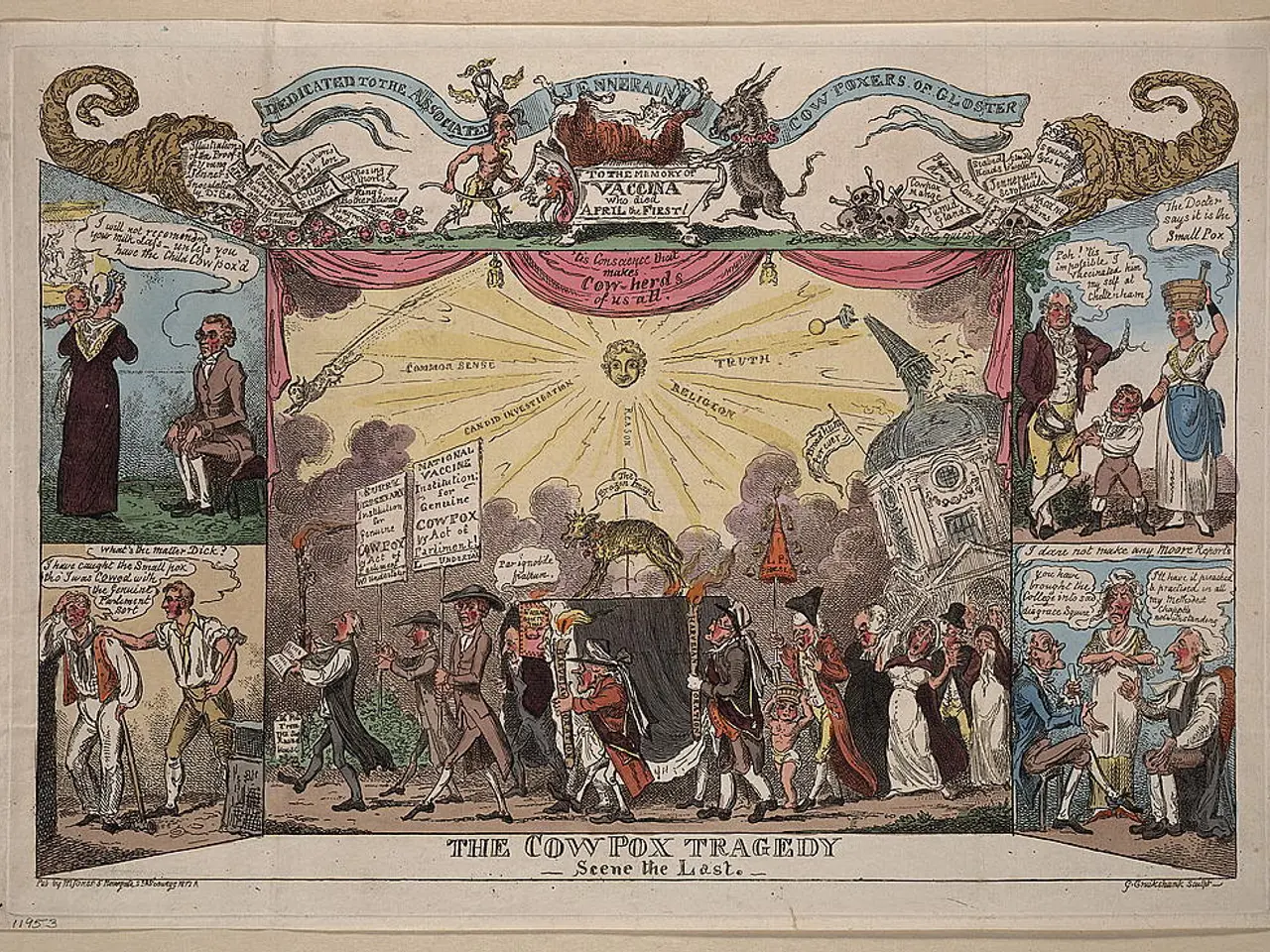Debate on mandatory military service, deemed by President Steinmeier as significant and appropriate
In a significant development, Federal President Frank-Walter Steinmeier has thrown his support behind the debate on reinstituting mandatory military service in Germany, amidst growing security concerns following the Ukraine war and Russia's actions. The discussion revolves around the need to bolster the Bundeswehr, Germany's military, which has been grappling with recruitment challenges.
During a press conference with Lithuanian President Gitanas Nauseda in Vilnius, Steinmeier emphasised the importance and necessity of this debate. He suggested that a return to conscription may be the only viable choice in the changed security situation in Europe. However, he also emphasised that any such move would require careful preparation, a process that would take a longer period.
The debate on conscription has been gaining traction in Germany, with key figures in the government and parliament advocating for compulsory service. Thomas Löwekamp, chair of the parliamentary defense committee, and Henning Ote, special commissioner for defense in the Bundestag, have both voiced their support for this measure.
However, the debate is not without controversy. The Social Democratic Party (SPD), a part of the governing coalition, insists that compulsory conscription should only be considered after all voluntary recruitment measures have been exhausted. On the other hand, conservatives under Chancellor Friedrich Merz are more open to the idea, warning that without compulsory service, the Bundeswehr may not meet NATO's defense and deterrence requirements.
Public opinion in Germany is divided, with only about 19% of the population willing to fight if attacked, and support for conscription highest among older generations who experienced it themselves.
Steinmeier has previously advocated for a social service model as an alternative to conscription. This model, which lasts between six months and a year, could potentially serve both military and civilian sectors. However, during the press conference, Steinmeier did not mention the social service model as an alternative to conscription.
As the debate continues, no decision on the return to conscription has been made by the German government. The press conference between Steinmeier and Nauseda was focused on various bilateral issues, including security and economic cooperation. Lithuanian President Nauseda has not publicly expressed his views on the debate on conscription in Germany.
[1] https://www.reuters.com/world/europe/germany-mulls-reintroducing-conscription-amid-growing-security-concerns-2022-03-10/ [2] https://www.dw.com/en/german-opposition-parties-call-for-reintroduction-of-conscription/a-58482931 [3] https://www.dw.com/en/german-defense-chief-says-army-needs-conscription-to-meet-nato-requirements/a-58482931 [4] https://www.dw.com/en/german-opinion-divided-over-conscription-as-army-struggles-to-recruit/a-58482931
In the ongoing discussion, various policy aspects are under consideration, such as community policy and employment policy, as the potential reintroduction of mandatory military service in Germany might impact both sectors significantly. This discussion in politics, termed as policy-and-legislation, is a general news topic, with key figures advocating for compulsory service.
Regardless of the support or opposition towards conscription, a potential move would require careful preparation and consideration of various viewpoints, given the complexity of such a policy change. Conversely, public opinion on the matter remains divided, with opinions largely influenced by personal experiences and generational factors.








